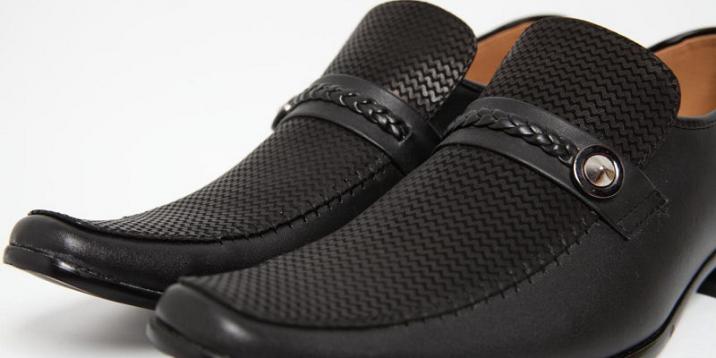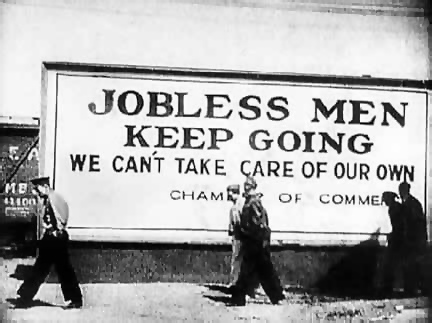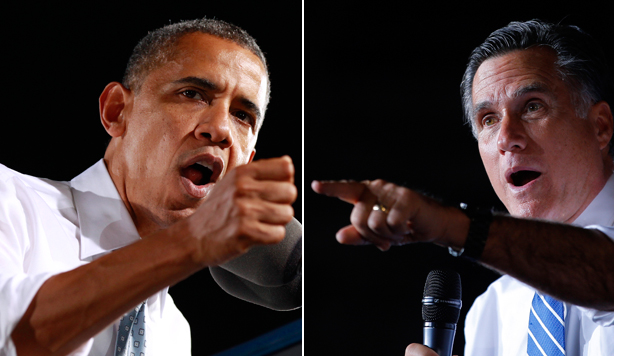Chris Yim’s blog on China’s slowing economy of late is a very relevant topic to North America. It intrigued me because I never knew that Macau was such a big gambling hotspot in the world. As well, Chris brings up the topic of the political situation of China. Since it’s been a month since this blog, China has already picked a new leader for their country. Assuming that this was the major problem that caused the economic slowdown, it would be interesting to see the revenue of Macau’s casinos this month.
As well as being an interesting problem internally to China and Macau, this article (http://www.reuters.com/article/2012/10/04/uk-macau-revenues-idUSLNE89300S20121004) makes China’s economic problem very relevant to the US and Canada. Currently, we greatly depend on China’s economic bloom as we and the USA trade a lot with them, and we feed off each other in order to stimulate our economies.
Lastly, with Macau’s casino market having overtaken Las Vegas, one can only imagine the amount of wealthy Chinese businessmen that travel to Macau to enjoy their lives. This really shows the power that China’s people have obtained in the past 15 years. China is really becoming an economic power in the world, and will probably continue to do so in the future.












